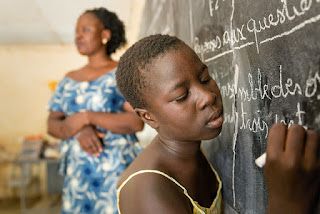Women and indigenous communities
Native American women play a special and important role in their communities by looking after their culture, language, and customs. Indigenous women frequently experience significant obstacles and marginalization despite making significant contributions, such as poverty, discrimination, and violence.
The loss of traditional knowledge and practices is one major issue that indigenous women confront. Language, cultural norms, and traditional knowledge have all been lost as a consequence of colonization, residential schools, and forced assimilation. By passing them down from generation to generation, indigenous women have been instrumental in the protection and revival of these practices.
The disproportionately high rates of assault and exploitation experienced by indigenous women are another problem. Compared to non-indigenous women, indigenous women are far more likely to experience domestic and sexual violence. The situation is made worse by a lack of resources and support services because systematic discrimination and historical trauma are frequent causes of this violence. Also, indigenous women are particularly vulnerable to exploitation in the resource extraction industry, where they may face risky working conditions, pay theft, and other forms of exploitation.
Despite these obstacles, indigenous women are setting the bar high when it comes to defending their rights and those of their communities. They aim to create strong, resilient communities by participating in significant social and political campaigns like environmental conservation and land rights.
In conclusion, despite playing a crucial role in their communities, indigenous women still face many obstacles because of systematic discrimination and past trauma. However, their tenacity, fortitude, and leadership offer promise for the revival and preservation of indigenous cultures and traditions as well as for the development of a society that is more just and equitable.




Comments
Post a Comment